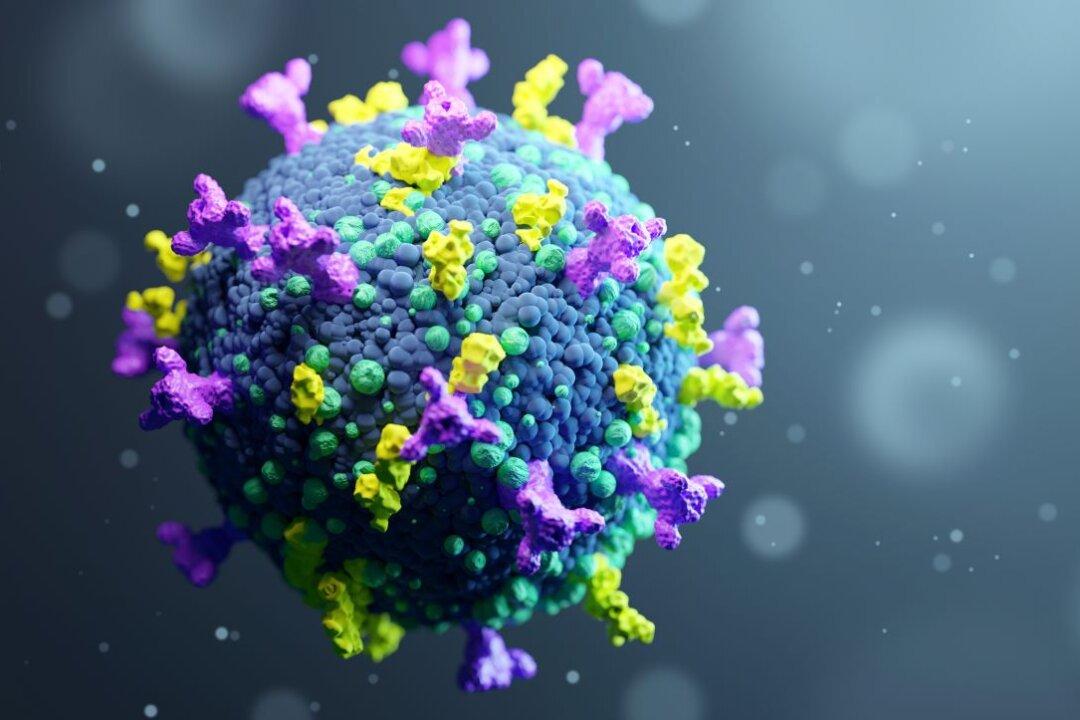From early 2021, stories have emerged of people experiencing post-COVID-19 symptoms that were so debilitating, they impacted their ability to work and live a normal life.
Rebecca Meyer spoke on CNN in January 2021 about her 11-month struggle with long COVID symptoms, having contracted symptoms from an infection.







